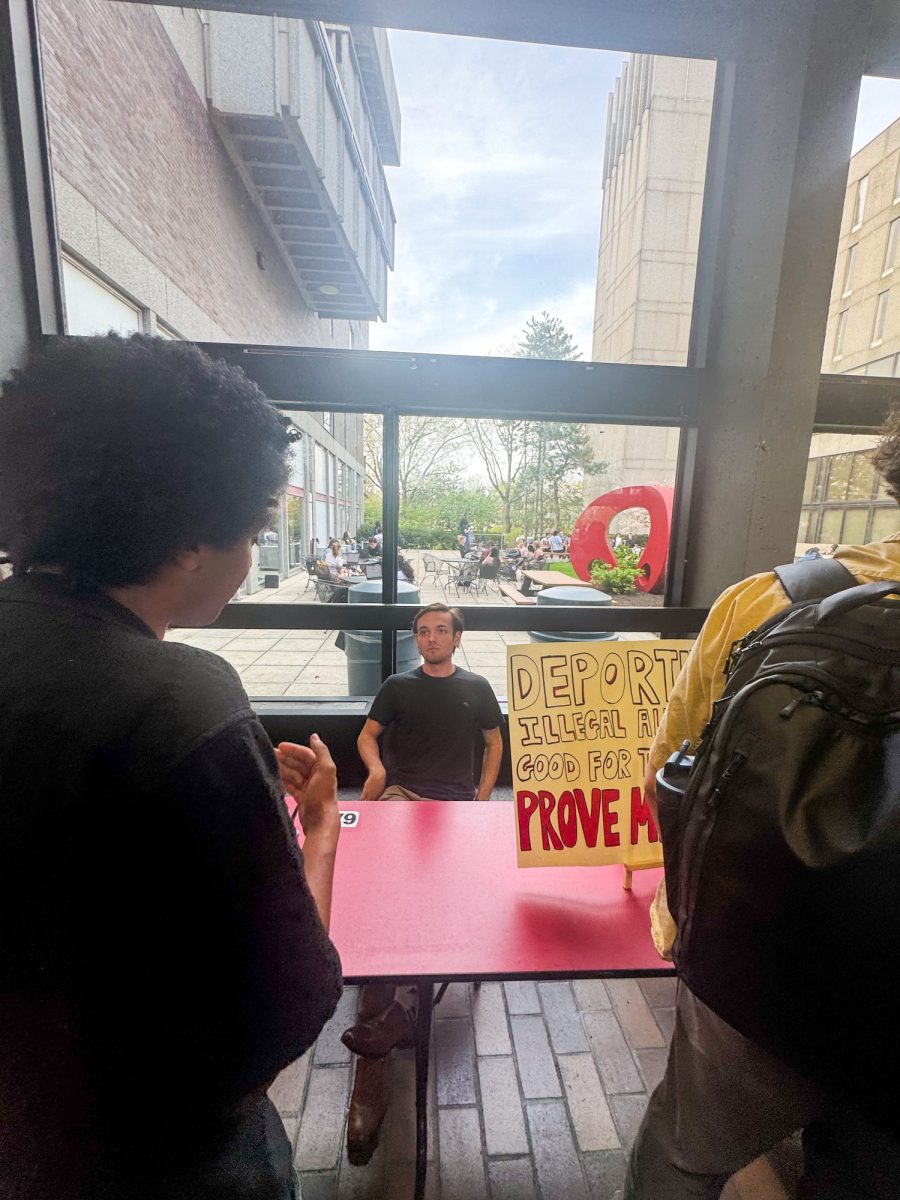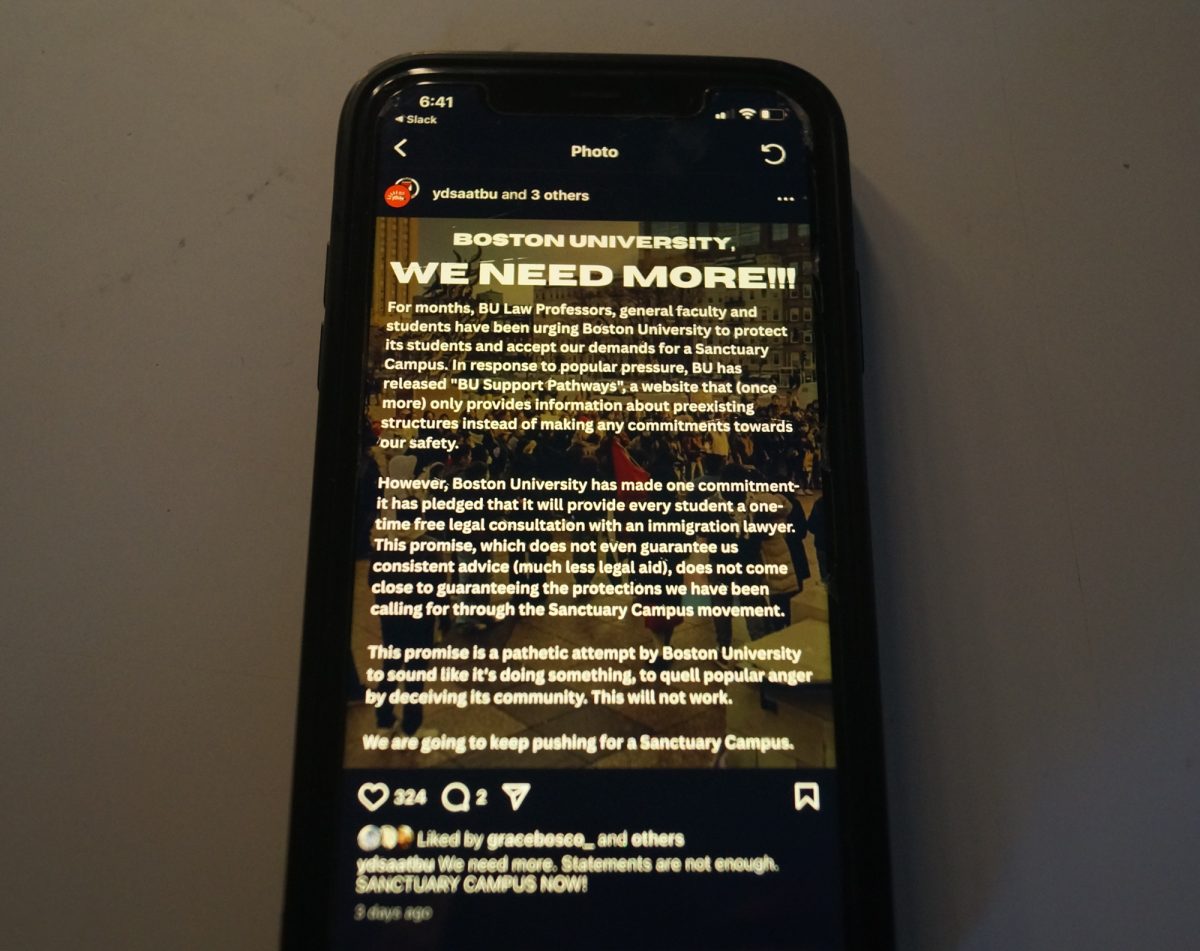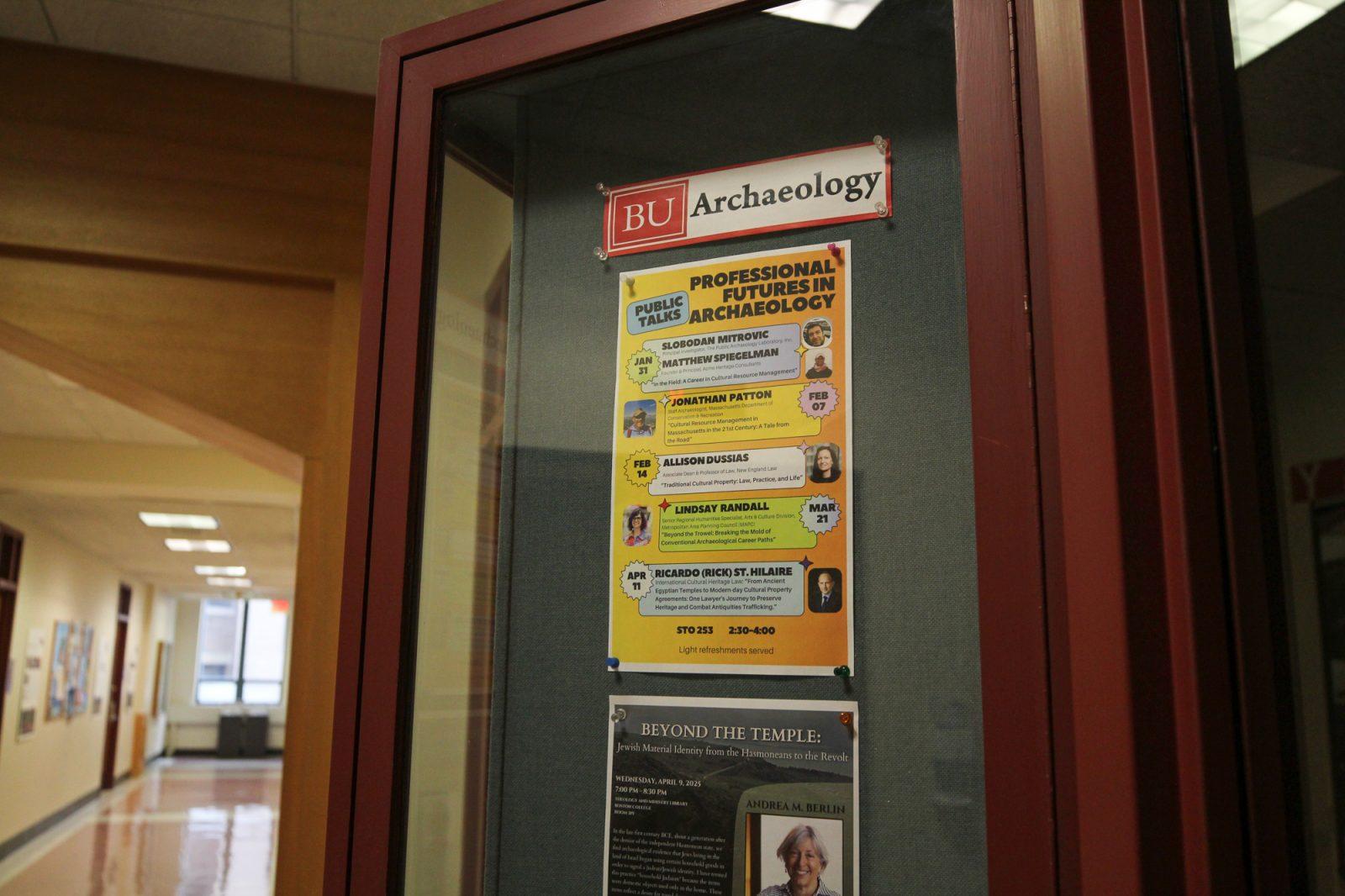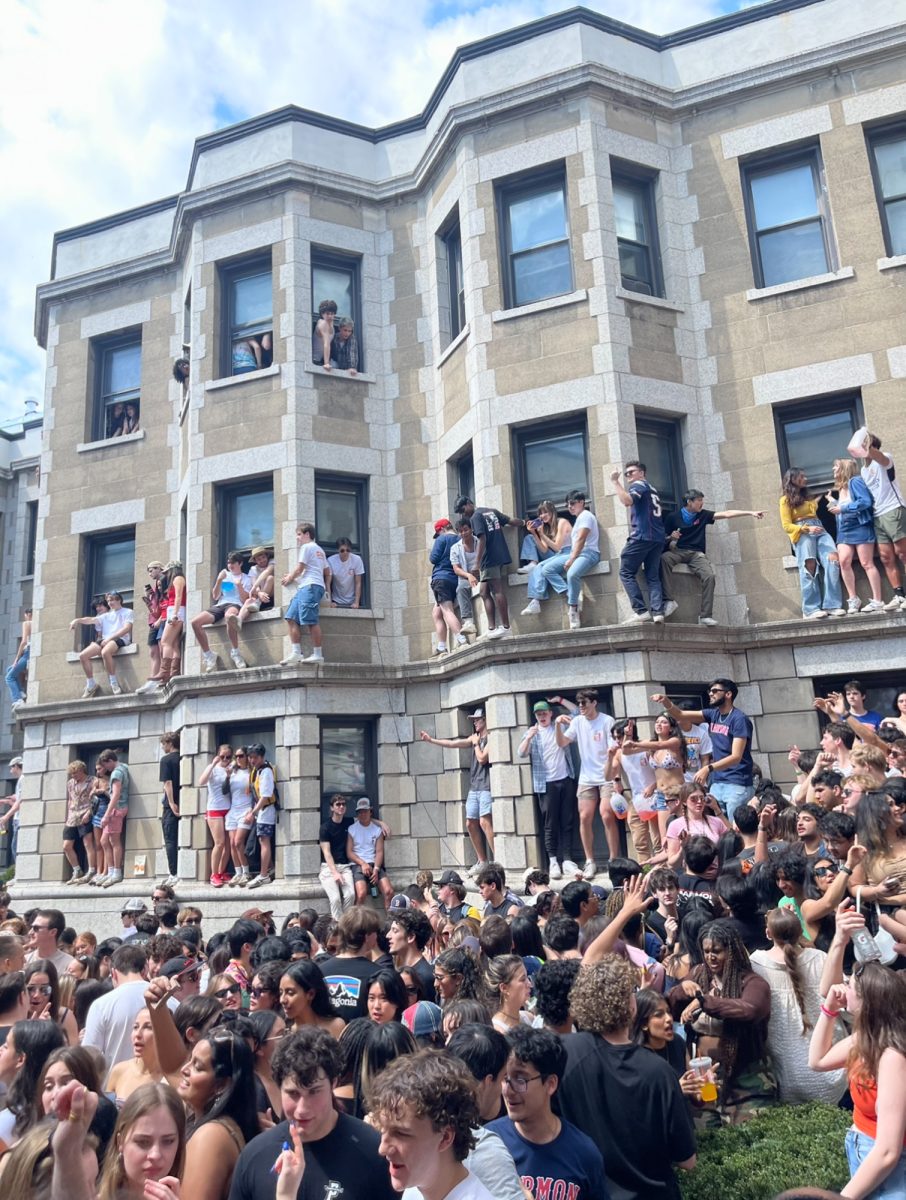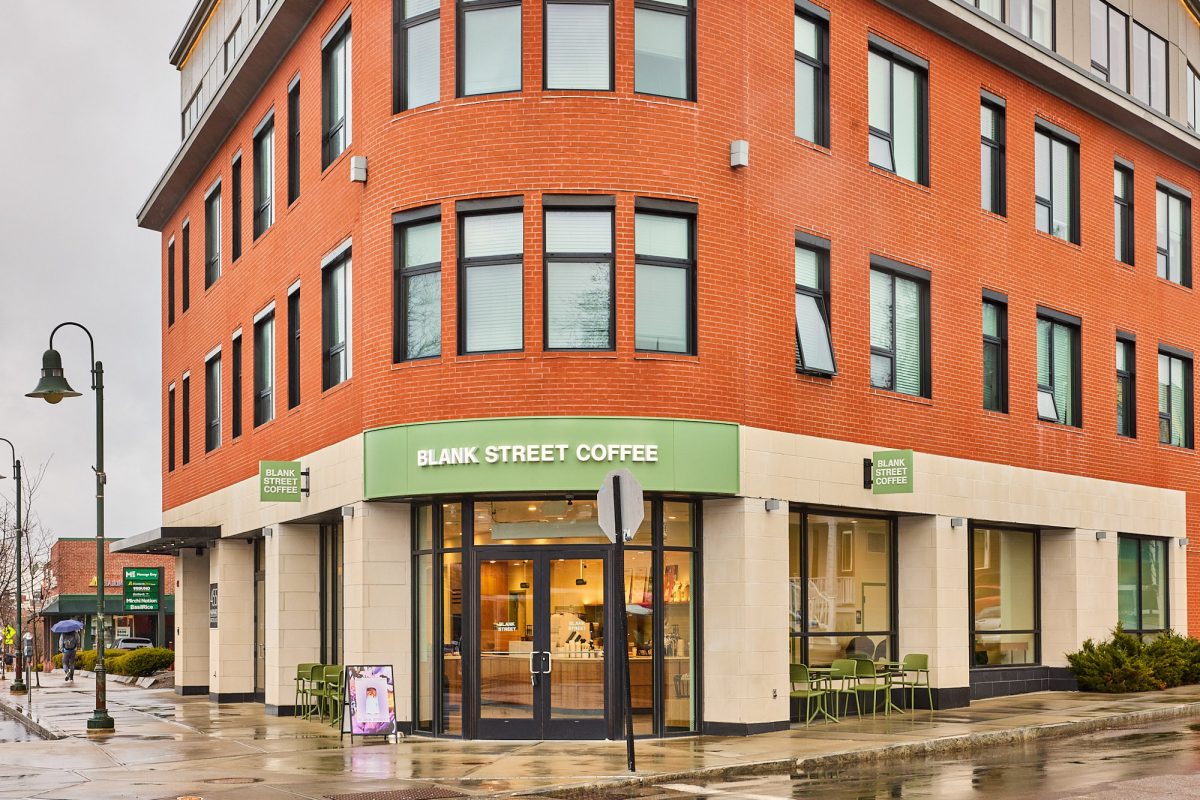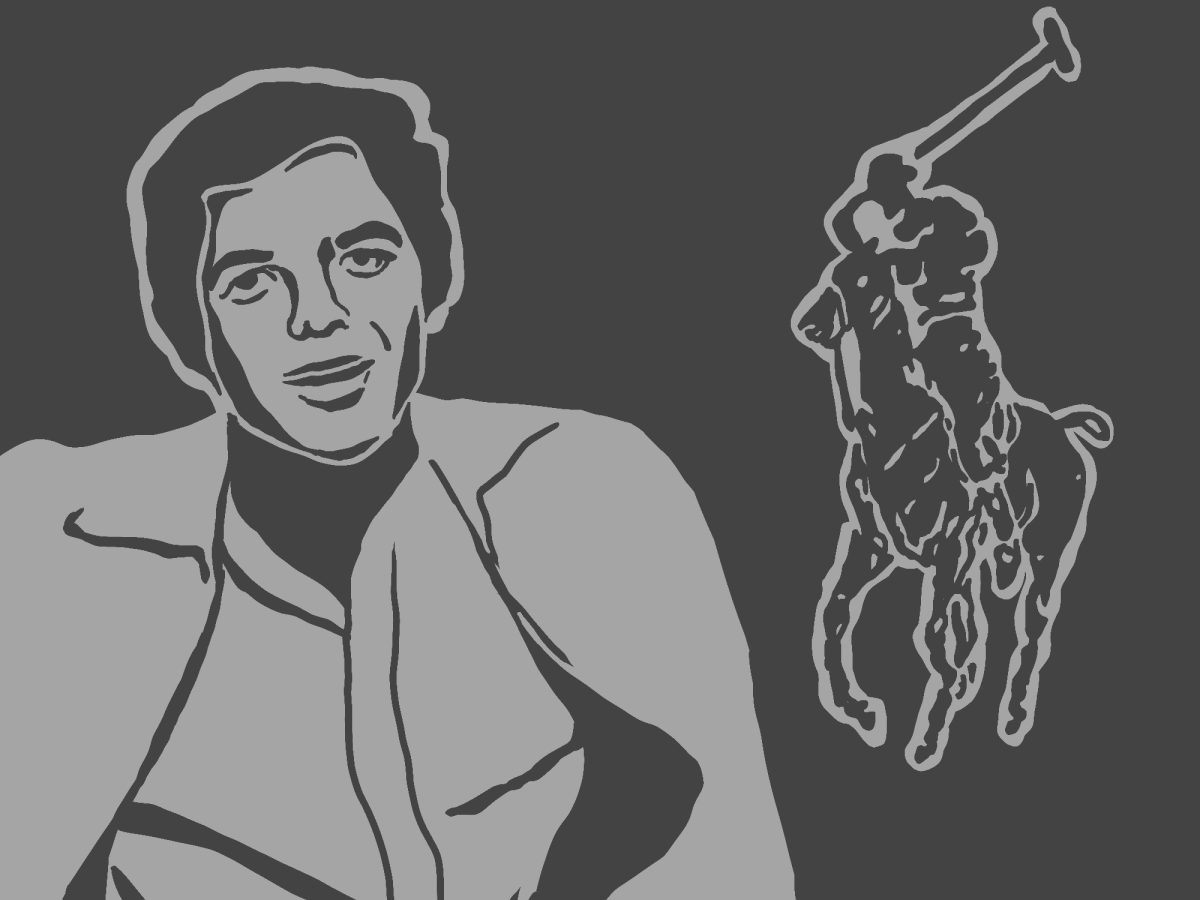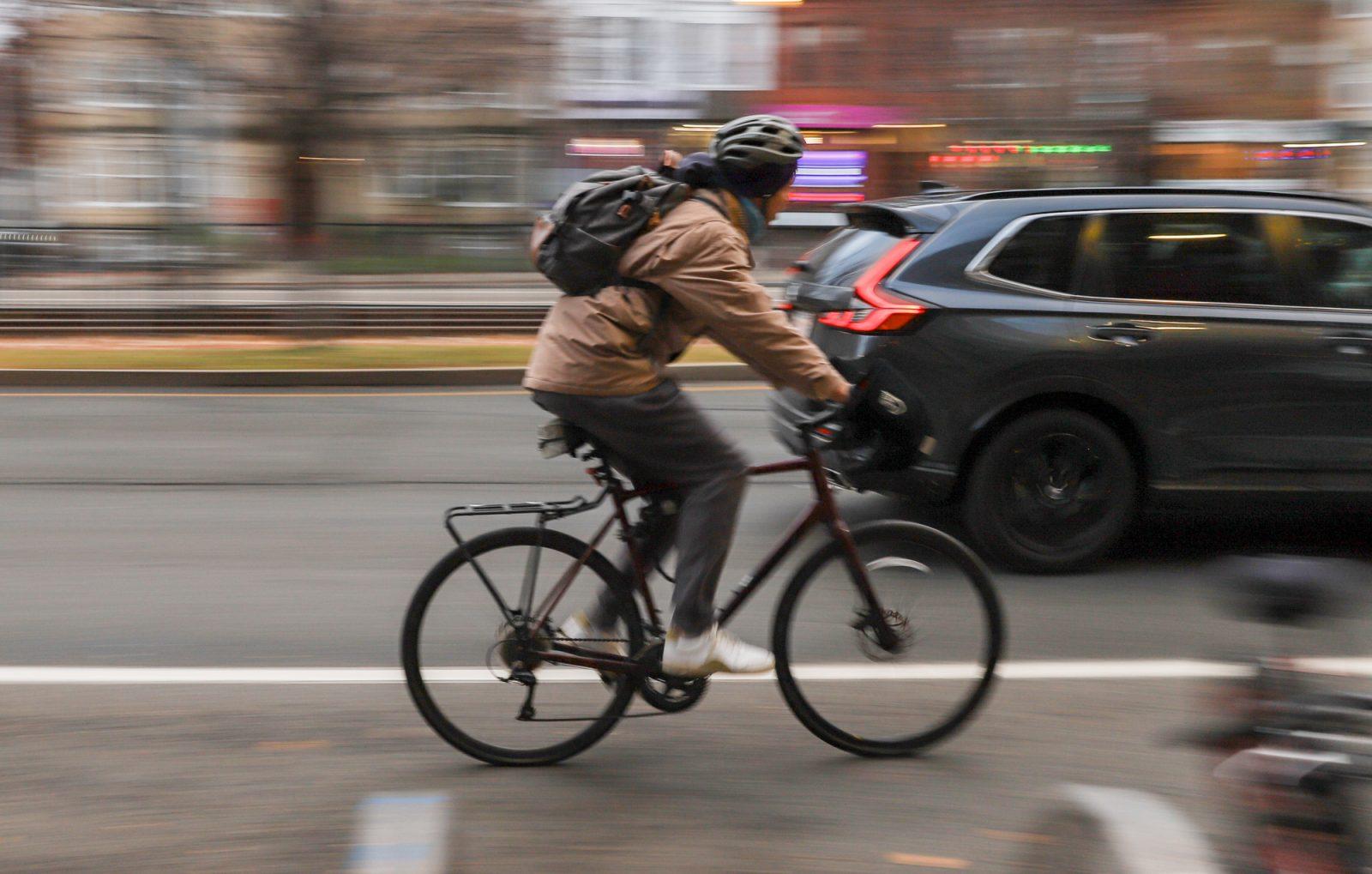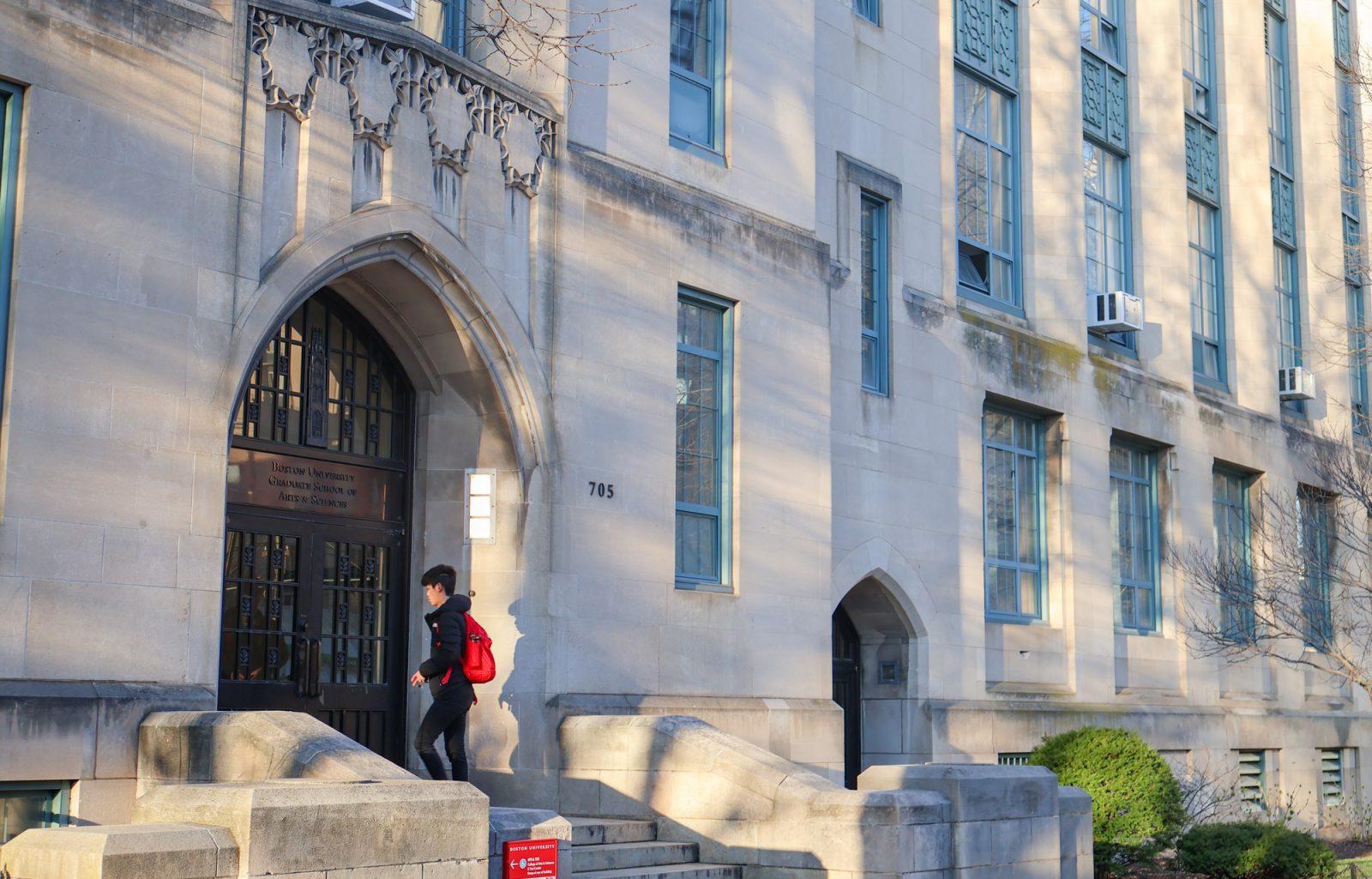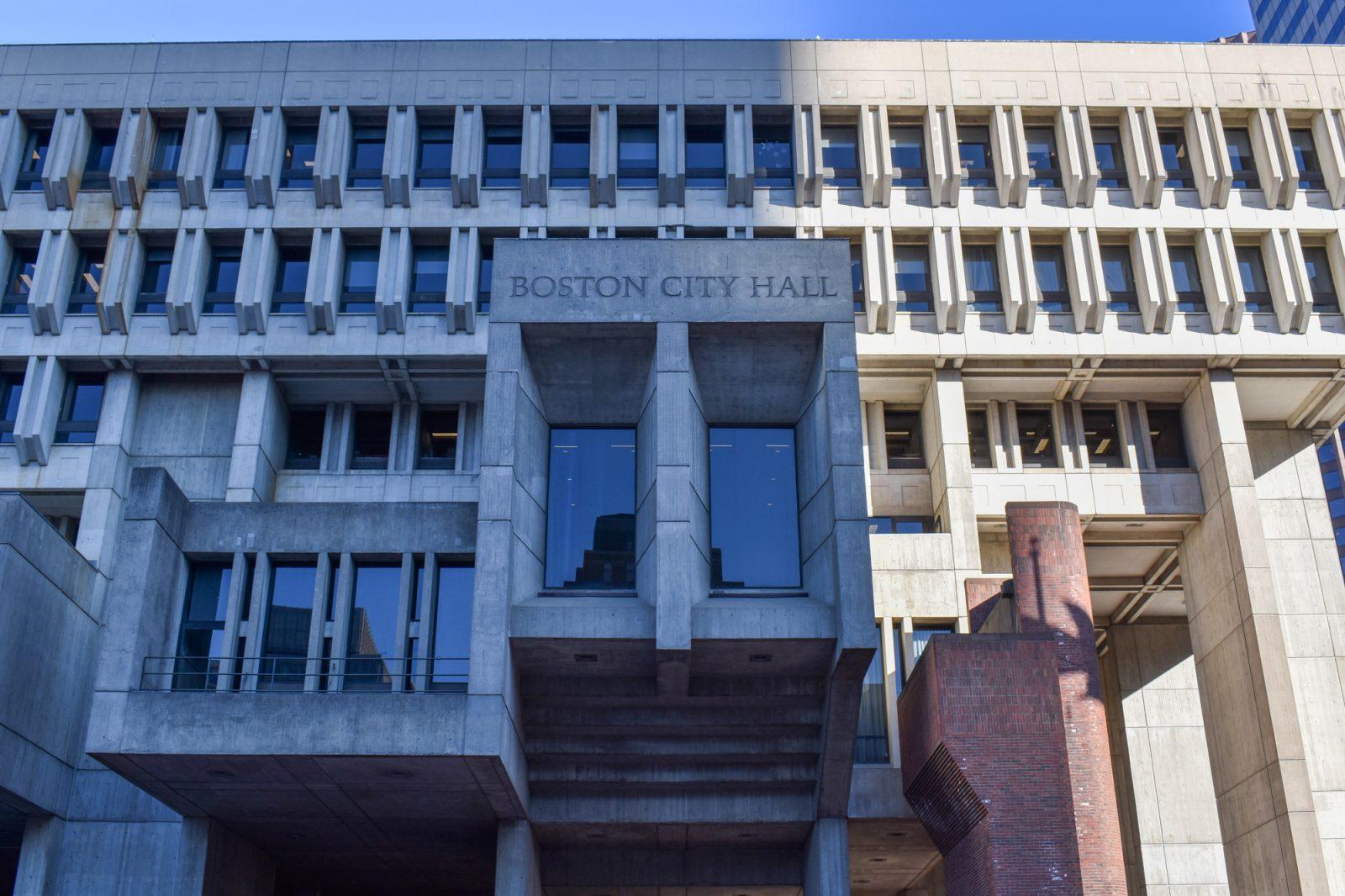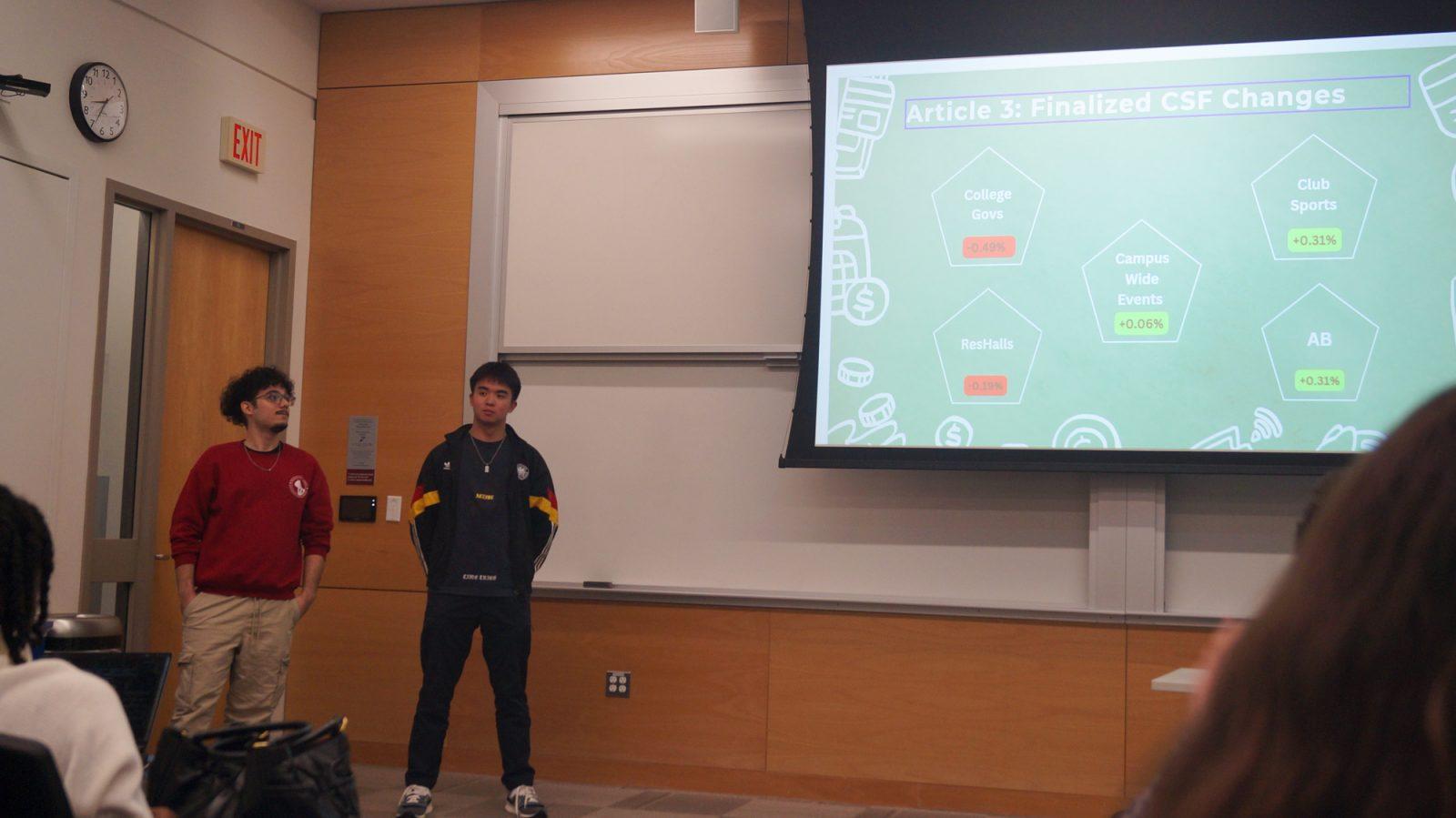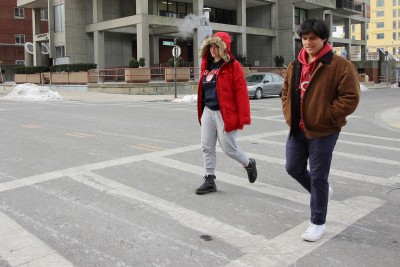
A new bill proposed Wednesday would raise the jaywalking punishment from the current $1 fine to $25 on the first offense, according the proposal.
Massachusetts Senate Majority Leader Harriette Chandler, a Democrat from Worcester, presented the bill in a Wednesday meeting of the Joint Committee on Transportation.
According to the proposed bill, the current law states that jaywalkers are fined “one dollar for the first, second or third such offense committed by such person within the jurisdiction of the district court in the particular calendar year, and by a fine of two dollars for the fourth or subsequent such offense so committed in such calendar year.”
The proposed bill would replace this rule with “twenty-five dollars for the first offense, fifty dollars for the second offense, and seventy-five dollars for the third and subsequent offenses committed by such person within the jurisdiction of the district court in the particular calendar year.”
Michael Dowding, a professor in Boston University’s College of Communication, said he regularly drives down Commonwealth Avenue and thinks the proposal is a noble idea.
“I certainly support something that’s designed to increase safety of pedestrians,” Dowding said. “We’re at BU, on a very busy street … so something that minimizes the possibility of serious accidents that can at times be fatal. I think it’s a great thing.”
However, Dowding said he doubts the practicality of enforcing such a law.
“Is this something that’s really going to be terribly enforceable?” Dowding said. “I think it’s probably difficult to envision a police force in the city or the BU police having the capacity to identify and summon different violators. That strikes me as unlikely. I think it’s a well-intentioned effort and I don’t think it’s misguided, but I don’t think it’s terribly enforceable.”
Dowding said while the proposal could have an affect on pedestrians’ actions, he isn’t sure how it would bring awareness to the danger of jaywalking.
“I certainly see some level of carelessness among pedestrians, even in crosswalks,” Dowding said. “I think something that brings awareness to the issue is a good idea. Maybe this is one way to do that, but I’m not sure if it’s the best way.”
Several residents expressed ambivalence toward Chandler’s proposal and questioned whether or not a fine on jaywalking is truly enforceable or even necessary.
Steven Lahti, 41, of South Boston, said he doesn’t think jaywalking is an issue in his neighborhood.
“I don’t think it could be enforceable in my neighborhood because, in the first place, I don’t think it’s an issue,” he said. “I usually don’t see people jaywalking, but if I do it, I don’t even thing about it. However, if there is a cop right there willing to fine me, then it would make me think.”
Amanda Schall, 28, of the South End, said she doesn’t think Chandler’s approach is the way to enforce the measure.
“I didn’t even know there was a fine for jaywalking, but I don’t think that’s the way to do it,” she said. “Maybe if they installed cameras on the intersections and then sent out the tickets through the mail, it would be easier. Otherwise, I don’t think the cops are just waiting there to give people tickets for jaywalking.”
Chris Pellegrino, 23, of East Boston, said he doesn’t think the measure is practical for police officers or courts.
“[Police officers] would have to be really strict about the fines, and I don’t think it’s realistic,” he said. “Cops would need to be everywhere and courts would be jammed up with people fighting their fines. That would be more inconvenient.”


